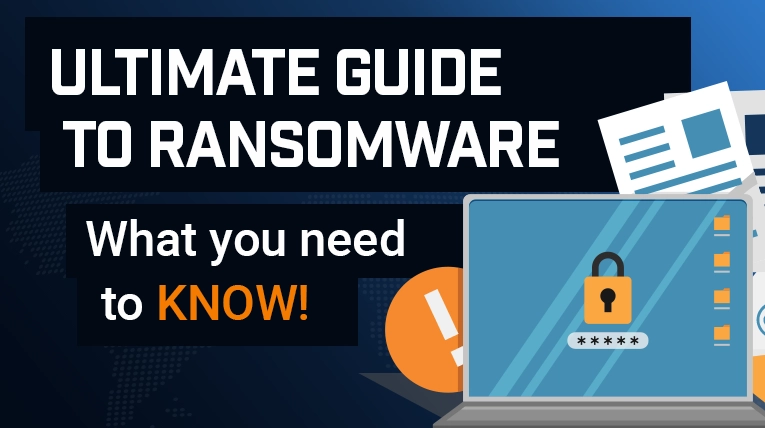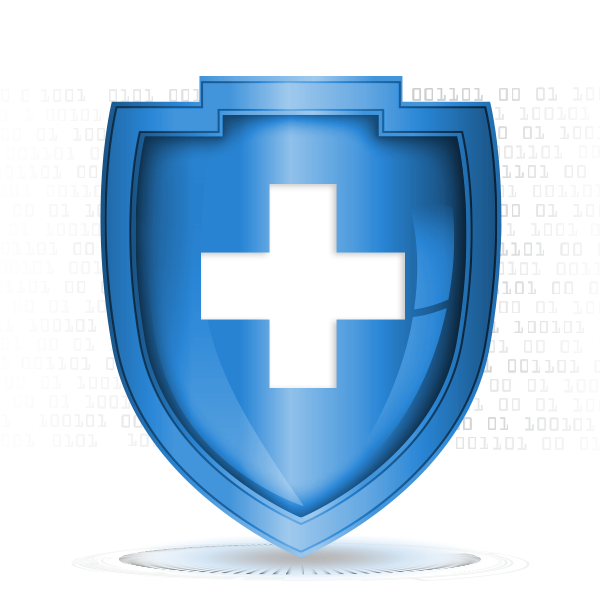
The Ultimate Guide to Ransomware: What You Need to Know
Endpoint cybersecurity, refers to the practice of securing individual devices (endpoints) that connect to a network. These endpoints can include computers, laptops, smartphones, tablets, servers, and other devices. The primary goal of endpoint cybersecurity is to protect these devices and the data they hold from various cyber threats.


By implementing robust endpoint security measures, businesses can better protect their data and networks from a wide range of threats, including malware, ransomware, phishing, and other cyberattacks.

Key elements of endpoint security:

Essential components of a comprehensive cybersecurity strategy to protect against the ever-evolving landscape of cyber threats.
Endpoint antivirus and malware solutions are critical for businesses of all sizes to protect devices, data, and networks from cyber threats.
Preventing data loss, operational disruptions, and financial losses due to ransomware attacks and other malware infections
Preventing data loss, operational disruptions, and financial losses due to ransomware attacks and other malware infections
Avoiding legal penalties, fines, and damage to your company's reputation
Ensure the security of data and communications in a decentralised work environment
Preventing email-based threats, which are a common entry point for cyberattacks
Implement endpoint detection and response (EDR) capabilities to proactively identify and respond to security incidents
The support from Servers Australia…amazing
The support from Servers Australia never disappoints no matter the time of the day (or night) I may reachout....
Chris - March 2023
Read MoreLast Updated: February 9th, 2023 8 min read Severs Australia
Last Updated: January 13th, 2025 2 min read
Last Updated: February 9th, 2023 5 min read

We partner with Fortinet, a global leader in cybersecurity solutions & services, to bring you robust security solutions and enhanced network performance.
Ratings and reviews from Trustpilot